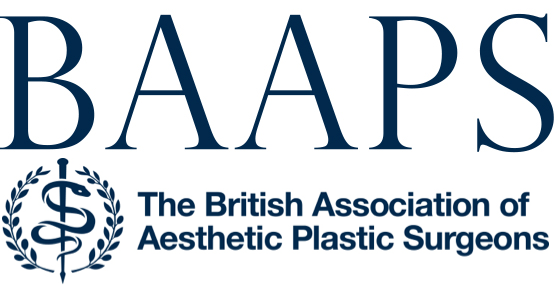-
Views
-
Cite
Cite
Roger K. Khouri, Roger K. Khouri, Commentary on: Prospective 1-Year Follow-Up Study of Breast Augmentation by Cell-Assisted Lipotransfer, Aesthetic Surgery Journal, Volume 36, Issue 2, February 2016, Pages 191–192, https://doi.org/10.1093/asj/sjv199
Close - Share Icon Share
Extract
A large body of experimental evidence supports the positive effect that supplementing standard breast augmentation techniques with adipose-derived stem cells (ASCs) has on fat graft survival; however, several clinical studies, including the study by Jung et al. 1 have found that employing ASCs during breast augmentations has limited therapeutic benefit. 2 , 3 How can we explain this discrepancy in the literature on the use of ASCs during breast augmentation?
We encountered a similar discrepancy in the literature several years ago. One study found that recombinant tissue factor pathway inhibitor eliminated the thrombogenicity of microvascular anastomoses in the laboratory, 4 but a multicenter, prospective, double-blinded, randomized controlled clinical trial failed to demonstrate that recombinant tissue factor pathway inhibitor substantially improved free flap survival rates. 5 In a previously published article, we focused on anastomosis as the most critical requirement for free flaps survival, but eventually realized that the clinical fate of the flap was often sealed by many other factors. 6






